OpenAI has filed a motion in US District Court for the Southern District of New York, seeking to reverse a court order that requires the company to produce 20 million complete user chats with its ChatGPT AI model to The New York Times and other news plaintiffs. The court order was issued in response to a lawsuit alleging copyright infringement, but OpenAI argues that the production of the chats is too broad and would expose private information.
According to OpenAI's filing, the 20 million user chats at issue are complete conversations between users and ChatGPT, comprising multiple prompt-output pairs. The company claims that disclosure of these logs would be much more likely to expose private information than individual prompt-output pairs, similar to how eavesdropping on an entire conversation reveals more private information than a brief fragment. OpenAI estimates that more than 99.99% of the chats have no relevance to the case.
"We are concerned that the court's order would require us to disclose sensitive and private information about our users, which could have serious consequences for their trust and confidence in our platform," said an OpenAI spokesperson. "We believe that the court should vacate the order and instead allow us to provide the news plaintiffs with a more targeted and limited set of data that is relevant to the case."
The lawsuit in question was filed by The New York Times and other news organizations, alleging that OpenAI's use of copyrighted material in its AI models constitutes copyright infringement. OpenAI had previously offered to provide 20 million user chats as a counter to the plaintiffs' demand for 120 million, but the court's order requires the production of the complete conversations.
This development highlights the ongoing debate surrounding the use of AI models and the ownership of intellectual property. As AI technology continues to advance, questions about data ownership, user privacy, and the boundaries of copyright law are becoming increasingly pressing.
The court's decision on OpenAI's motion is expected to have significant implications for the company and the wider AI industry. If the order is upheld, it could set a precedent for the disclosure of sensitive user data in future lawsuits. However, if the order is vacated, it could provide a more nuanced approach to addressing copyright infringement claims in the context of AI models.
The case is ongoing, and further developments are expected in the coming weeks.
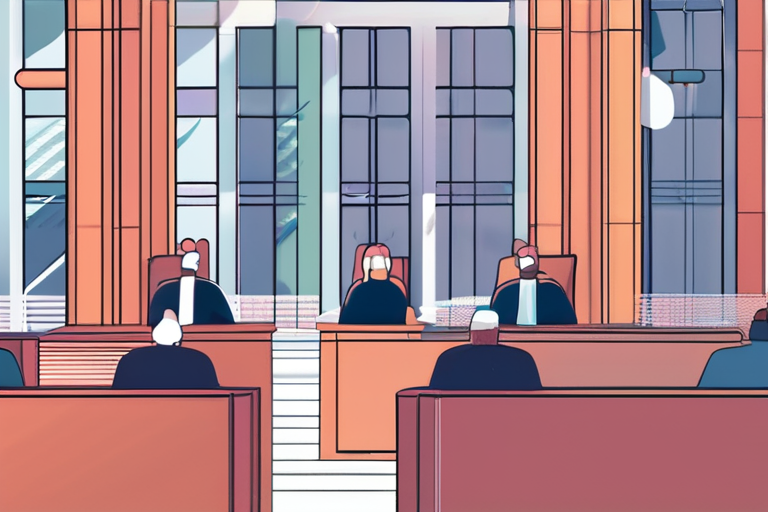



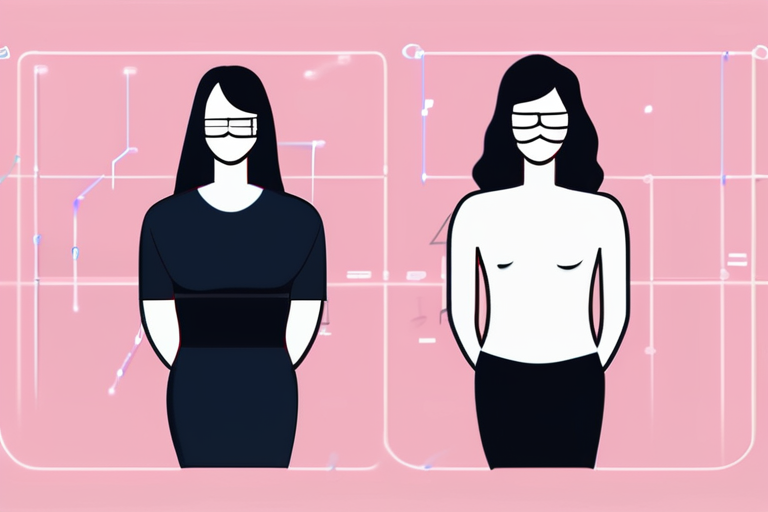

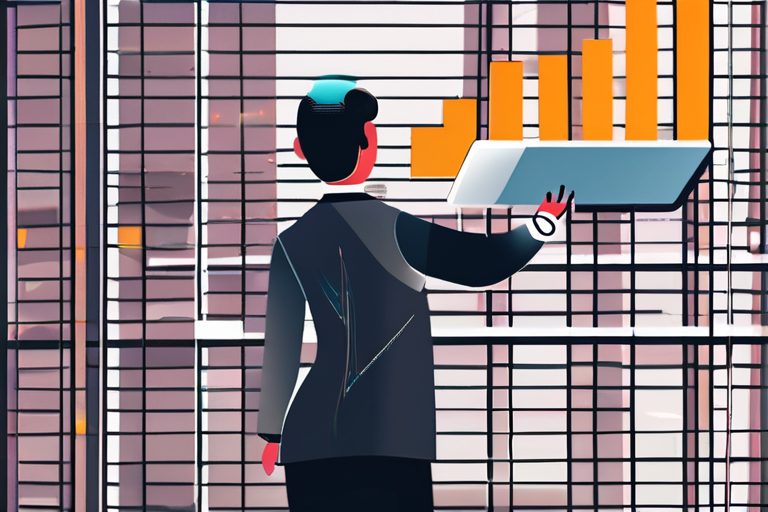

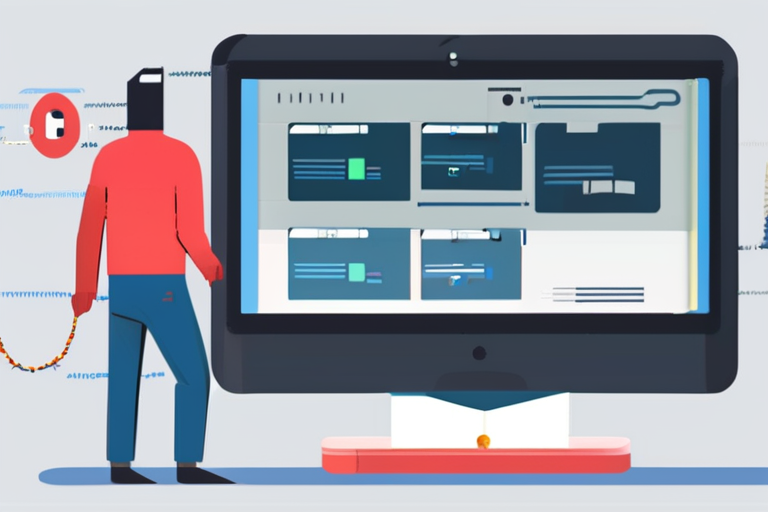
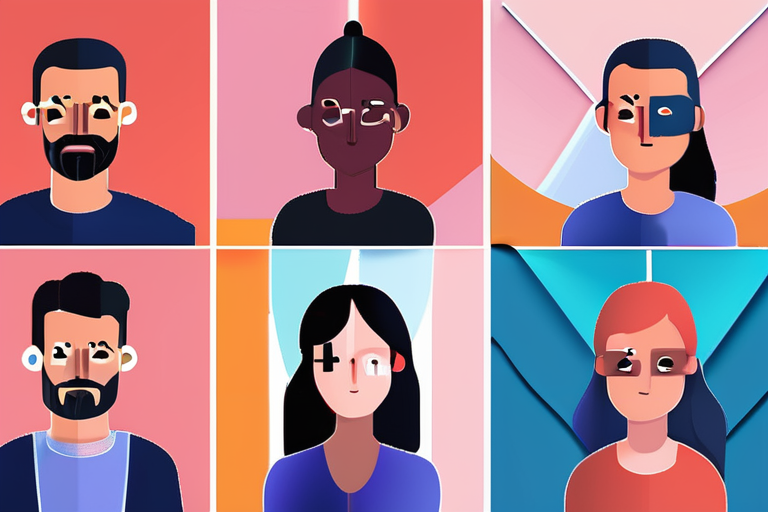



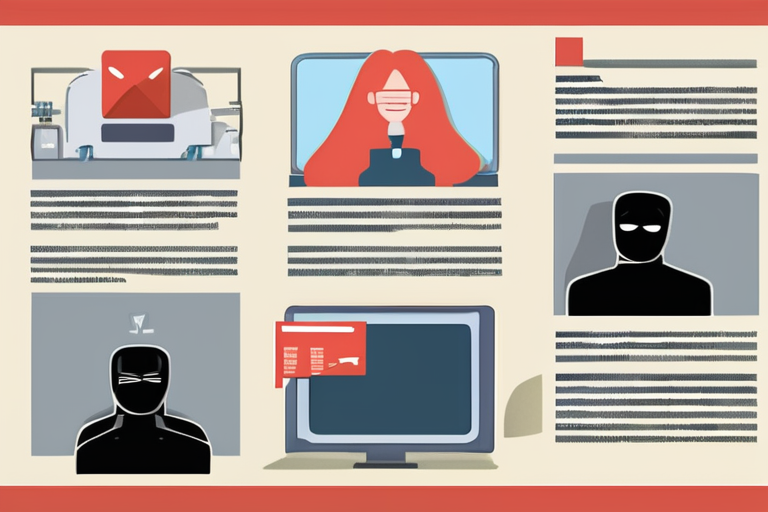
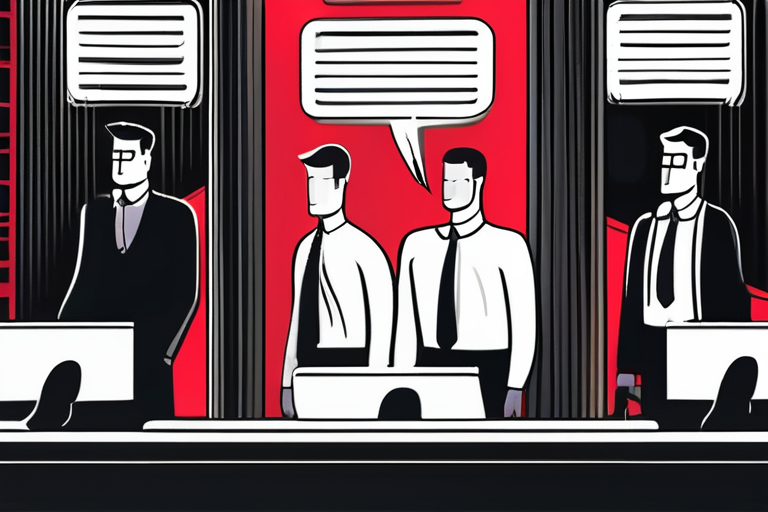

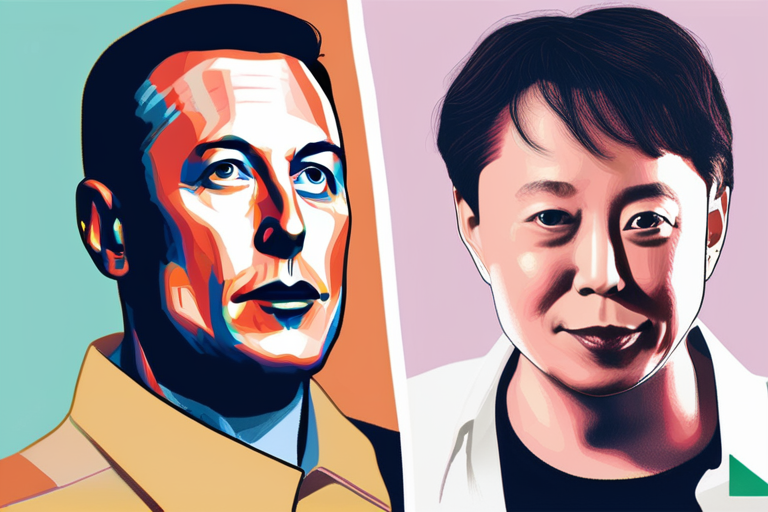
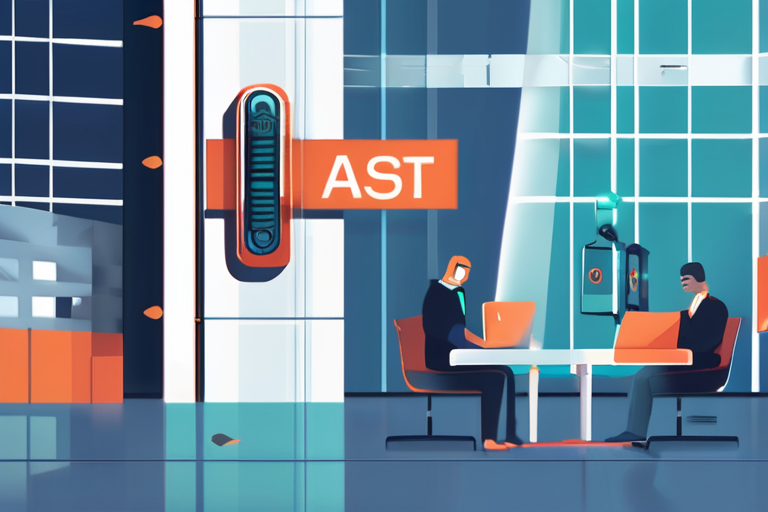
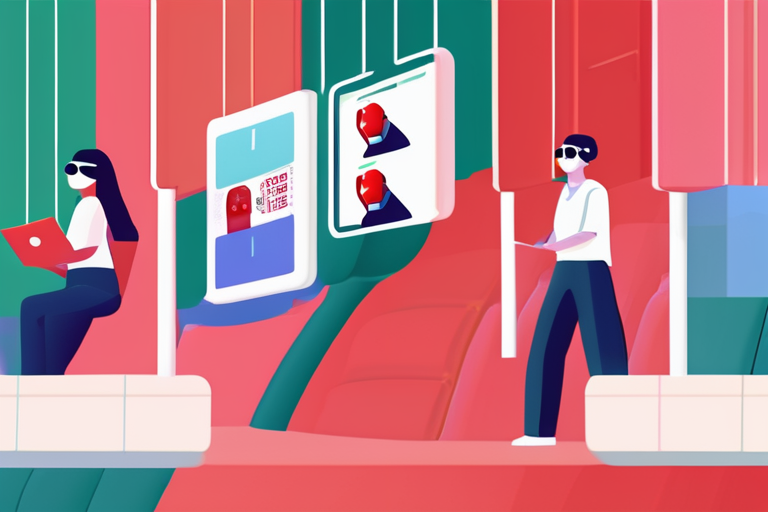
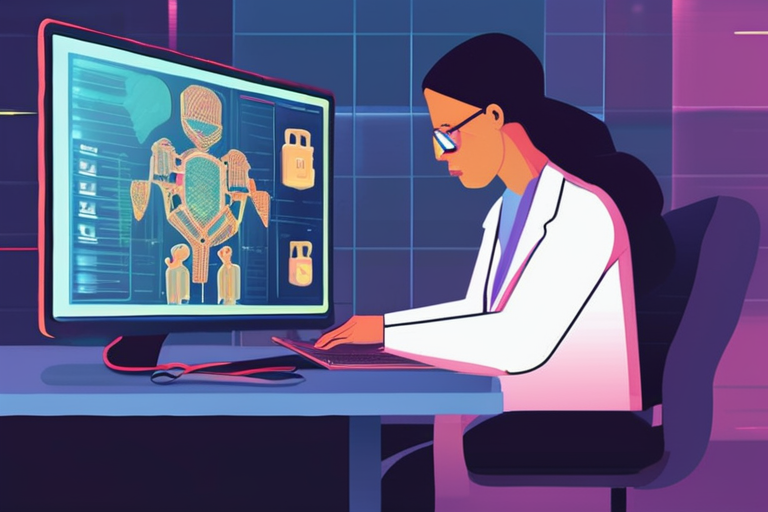
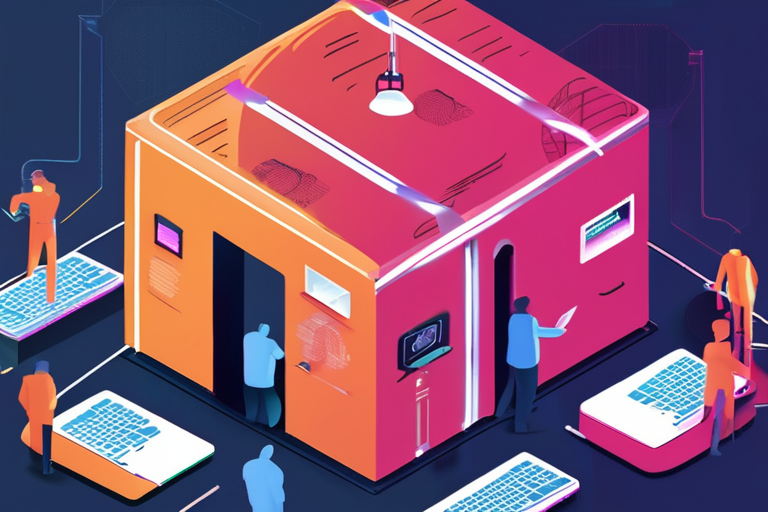

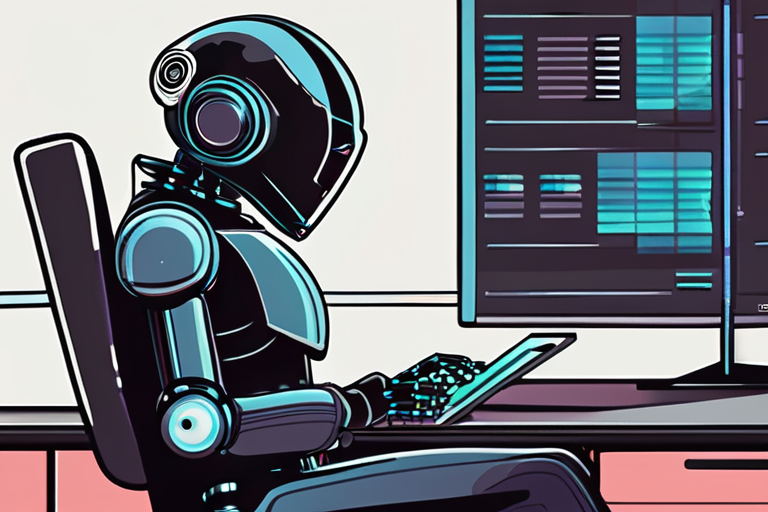
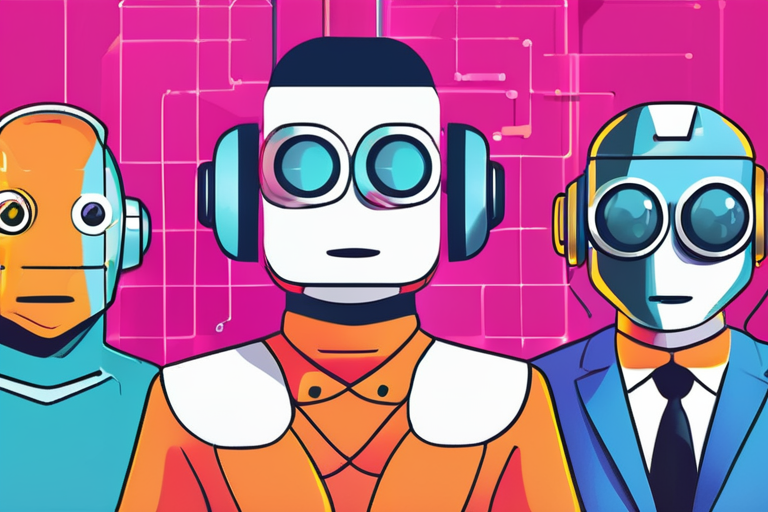
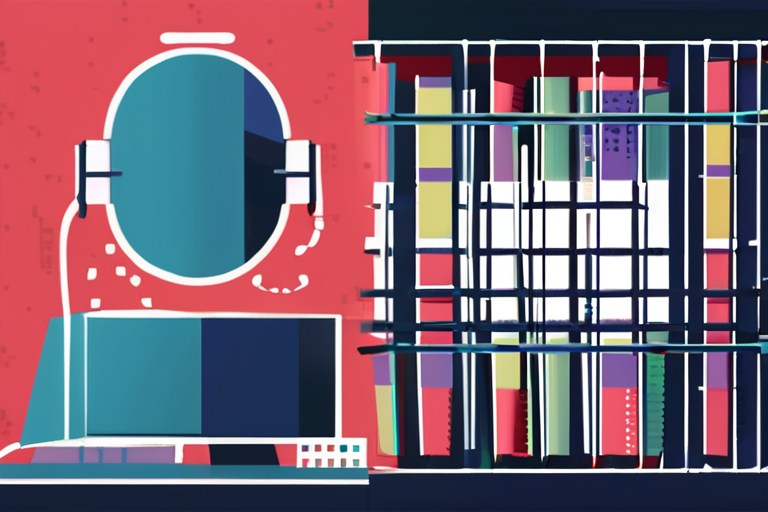
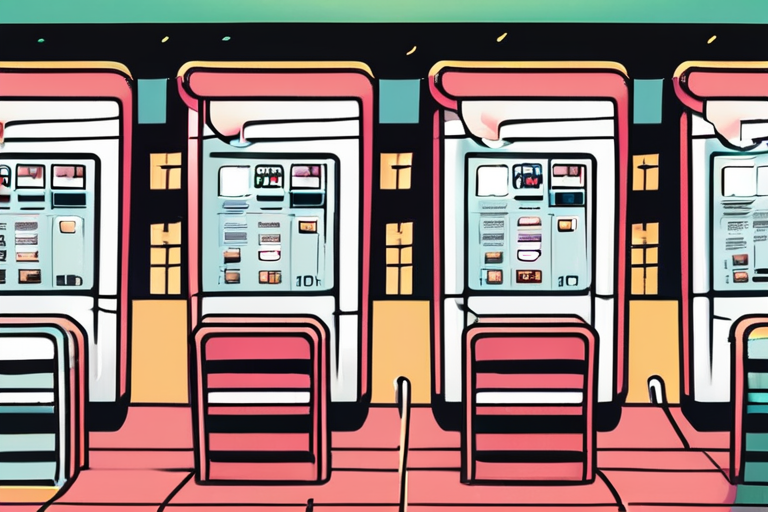

Share & Engage Share
Share this article